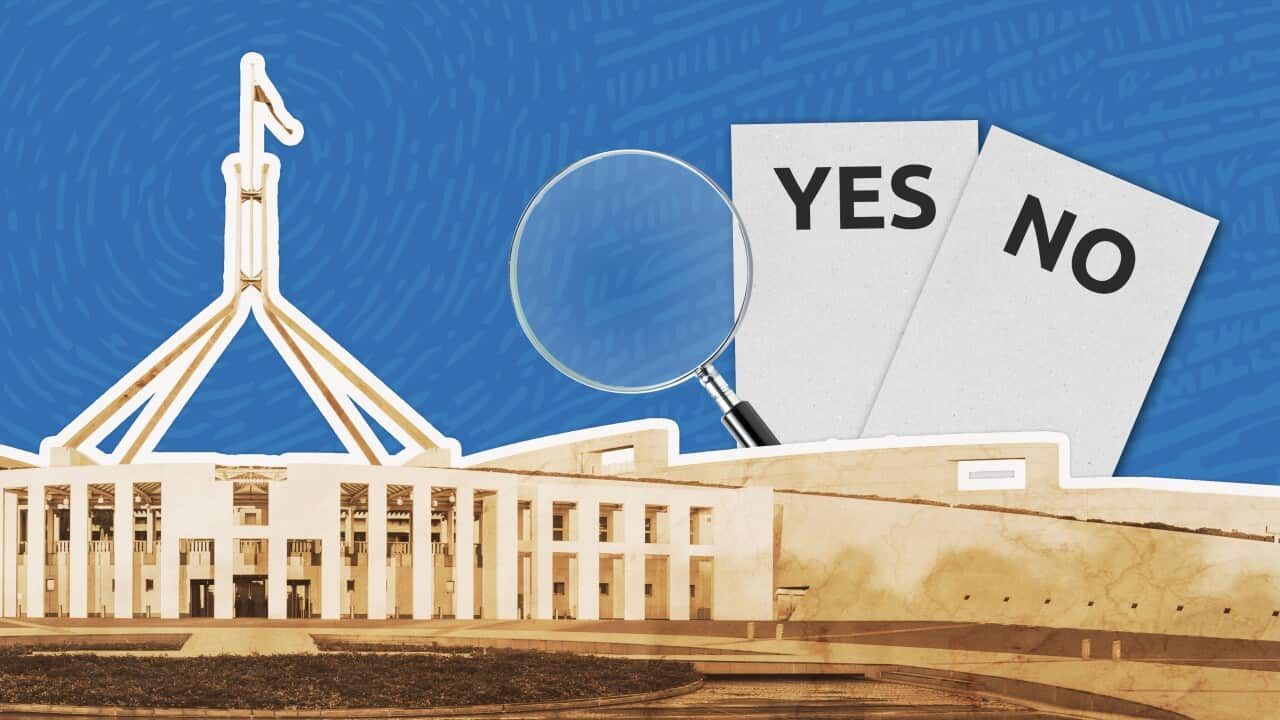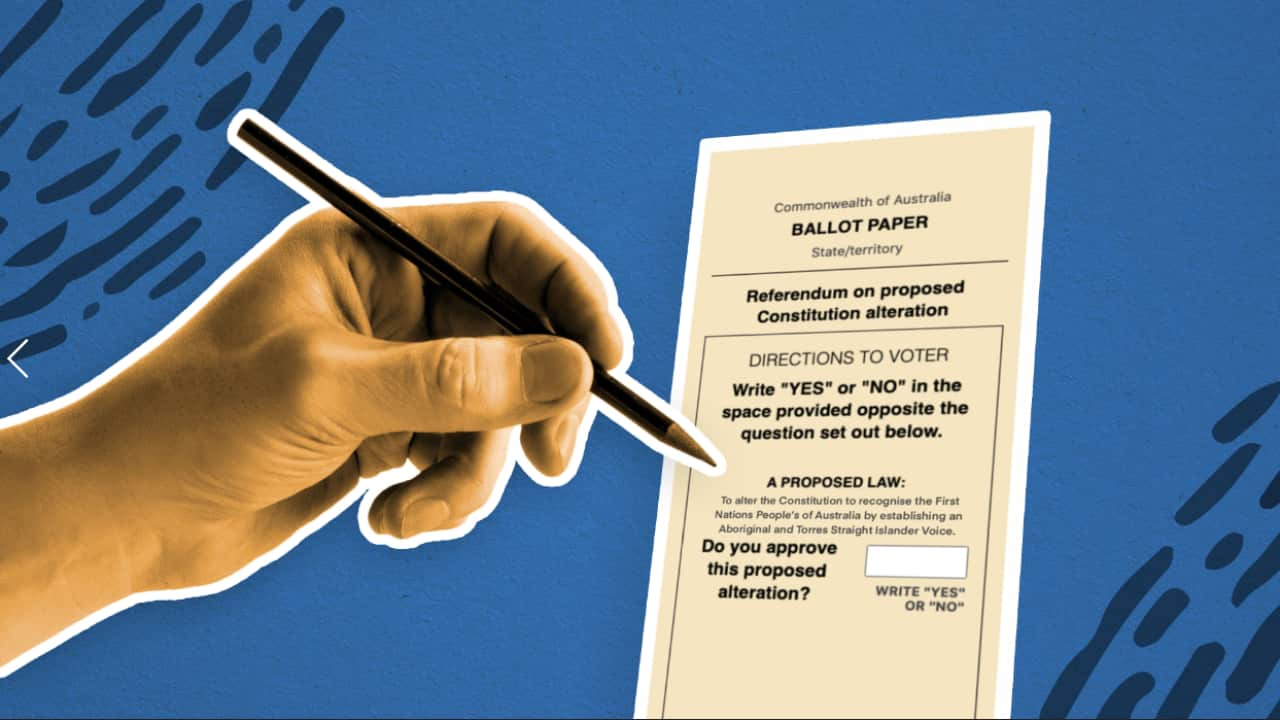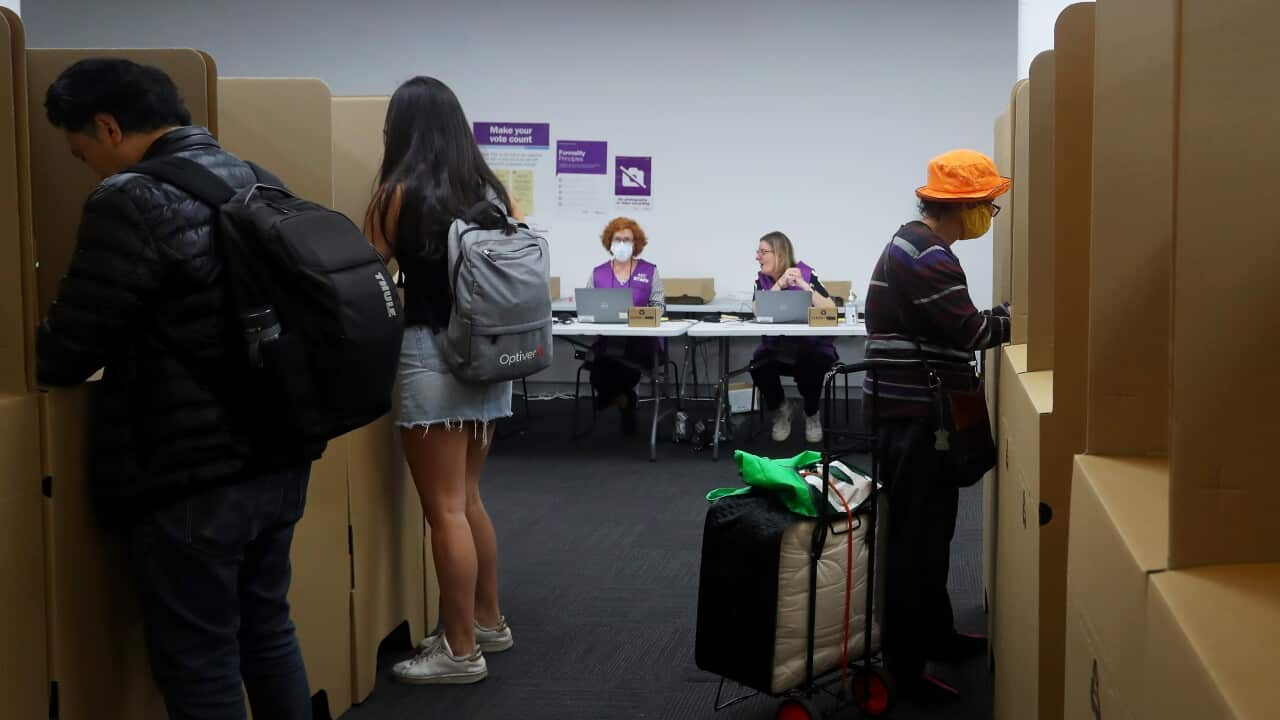The polling booths are open and the time has come for millions of Australians to have their say on whether or not they support enshrining an Indigenous Voice to Parliament in the constitution.
Like federal and state elections, all eligible Australian citizens aged 18 years and over are required by law to enrol and vote in the Voice referendum.
But after months of competing claims, misinformation and heated debate, it's possible you still haven't made up your mind on which way to cast your ballot.
For a decision as significant as this, it's important to be informed — so we've compiled a list of some of the most important things to know ahead of the vote.
Consider this your last-minute explainer for the burning questions that may still be hanging over you as you head to the booths.
What is the proposed Voice to Parliament?
When Anthony Albanese was elected prime minister in 2022, he committed to implementing t in full, which includes a constitutionally enshrined Indigenous Voice to Parliament.
The Voice would be a body advising the government on issues particularly impacting First Nations Australians. It would not have the power to veto laws.
The Voice would make representations to both the Australian parliament and executive government on matters relating to Aboriginal and Torres Strait Islander peoples.
The parliament makes laws, while the executive government develops laws and policies and administers them.
Many details on how the body would function will be worked through after the referendum, but:
- Members would have fixed-term dates to "ensure accountability"
- It would be gender balanced and include youth members
- It would draw on representatives from all states and territories
- It would include representatives from specific remote communities
- We still don't know whether members would be democratically elected or appointed.
The form the Voice could eventually take remains in the hands of parliament and would be determined after a successful Yes vote.
According to the Yes side's proposed constitutional amendment, the parliament would retain power over the "composition, functions, powers and procedures" of the Voice.
Campaigners in support of Yes say the proposed Voice would give Indigenous people a say when it comes to policies directly impacting them, and that this would ultimately lead to better outcomes in areas like health, housing, education and employment.
have differing views. The prominent No campaign have argued the proposal lacks detail and it may have divisive outcome. Others in the 'progressive No' camp say the proposal doesn’t go far enough.
What is the Indigenous Voice to Parliament referendum question?
The question Australians will be asked to vote on in the Voice referendum was announced by Prime Minister Anthony Albanese on 23 March.
Australians will be asked to vote Yes or No to the following question:
A Proposed Law: to alter the Constitution to recognise the First Peoples of Australia by establishing an Aboriginal and Torres Strait Islander Voice. Do you approve this proposed alteration?
What are some common disinformation claims about the referendum?
The lead-up to the referendum has been so shrouded by disinformation about the voting process that the Australian Electoral Commission (AEC) — the independent federal agency in charge of organising, conducting and supervising the referendum — launched a disinformation register to track and counter misleading claims.
One common disinformation claim about the referendum is that the AEC is compromised by corruption, mismanagement and bias, and the referendum will be "rigged" as a result.
The AEC has directly responded to these claims online, reminding people it is "the neutral body administering elections to world-leading integrity standards."
The AEC explains on its website that the Voice referendum will be run using the same infrastructure as federal elections, which includes more than 100,000 temporary staff counting the votes under the supervision of both AEC staff and independent scrutineers. Independent experts have also told SBS News that the AEC has a respectable track record.
Another claim about the referendum that has caused debate is that, by accepting a tick on the ballot paper as a formal Yes vote, but not accepting a cross as a formal No vote, the AEC is favouring a Yes vote.
It's worth pointing out this isn't a new rule — the AEC says it has followed legal advice about ticks and crosses on referendum ballot papers for more than 30 years.
Parliament is ultimately responsible for setting how ticks and crosses are interpreted, and the AEC has "made no decision" on the matter, AEC commissioner Tom Rogers has told SBS News.
In , fact checkers address some of the most common disinformation claims about the proposed Voice to Parliament.
When will we know the results of the referendum?
The counting process for the referendum will be similar to that employed for votes for the House of Representatives in a federal election, with the key difference being people are only answering Yes or No on one ballot paper in the referendum.
However, the AEC said although the counter is simpler than election night (without party preferences to consider), it's illegal for them to call on the night without all votes on hand.
The AEC says every vote cast on the day of the referendum will be counted that night. Most of the votes counted at early voting centres and a small number of postal votes will be counted as well.
If the overall result is close, though, it may require up to 13 days after polling night for the result to be known. This is the time frame the AEC allows for postal votes to come in.
The AEC says it will only declare the referendum result when it’s "mathematically impossible for any other result to occur".
This does not stop the media from predicting results, though.
"There is a possibility that we could have an unofficial indicative result on the night, depending on how close the count is," the AEC spokesperson said.
"However, if the count is close, we may not have a clear result.
"Whether or not those public predictions by others are made on the night depends entirely on how close the result will be."
Stay informed on the 2023 Indigenous Voice to Parliament referendum from across the SBS Network, including First Nations perspectives through NITV.
Visit the to access articles, videos and podcasts in over 60 languages, or stream the latest news and analysis, docos and entertainment for free, at the












